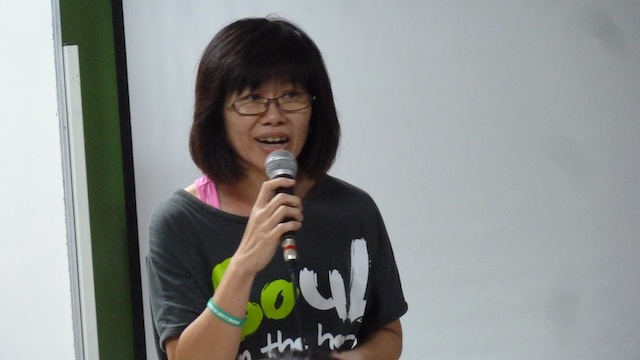
Malaysian CARE was started 34 years ago by a group of Christian college students, who wanted to put their faith into action. They saw and met the needs of children whose parents were patients of the Sungai Buloh Leprosy Centre. These founding members of CARE have all moved on with their careers and ministries but the vision and mission remain till today.
Joyce Thong, Director of Communications in Malaysian CARE, was invited to speak at Tunku Abdul Rahman College’s Christian Fellowship on 12 Nov, to share about the heartbeat of Malaysian CARE.
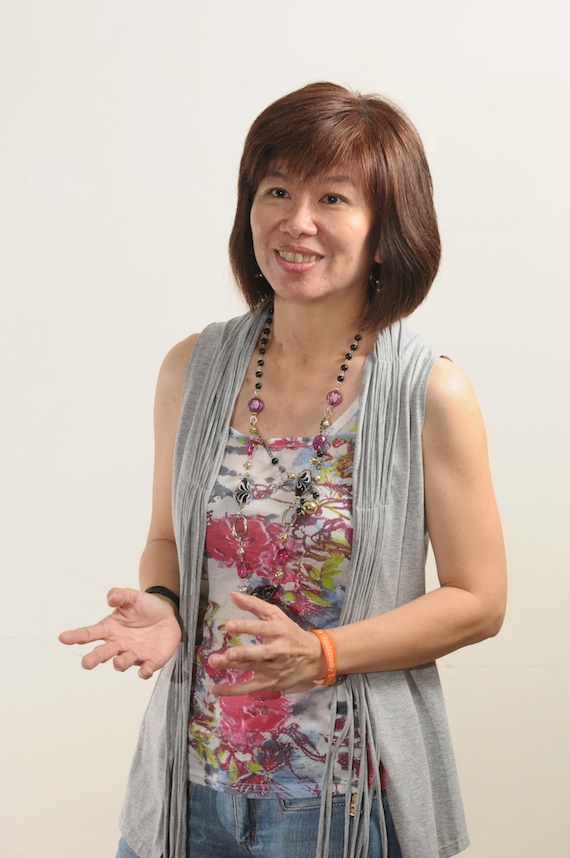
“What’s the gospel to you?” she asked. A few students quipped that the gospel meant salvation and Jesus dying for our sins. But Joyce shared, if we looked in the Bible, the gospel is not just about personal salvation but is about the Kingdom of God. If the gospel is only about personal salvation or eternal life, wouldn’t it be better to die quickly so that we can ascend to Heaven?
“The gospel has to be good news now, not just after death. ‘I came that they may have life and have it abundantly,’ said Jesus. If we understand it as ‘now,’ we need to help them (the poor) experience the good news now,” said Joyce.
In fact, Jesus referred to the gospel as the Kingdom of God (Mark 1:13-14; Matt 4:23; Luke 4:43). And understanding the gospel as the Kingdom of God enlarges our perspective. The Kingdom of God is good news to all especially the poor and oppressed for God rules with justice and equity.
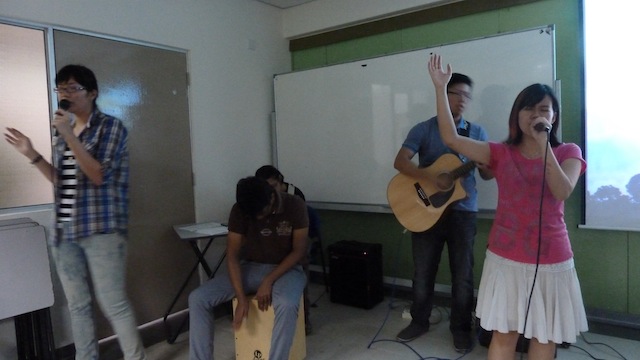
Mark 1:14-15
Now after John was put in prison, Jesus came to Galilee, preaching the gospel of the kingdom of God, and saying, “The time is fulfilled, and the kingdom of God is at hand. Repent, and believe in the gospel.”
Matt 4:23
And Jesus went about all Galilee, teaching in their synagogues, preaching the gospel of the kingdom, and healing all kinds of sickness and all kinds of disease among the people.
Luke 4:43
But He (Jesus) said to them, “I must preach the kingdom of God to the other cities also, because for this purpose I have been sent.”
So, who does the Kingdom of God belongs to? The Kingdom of God belongs to those who identify with the poor, the hungry, the thirsty, the strangers, the naked, the sick, the captives (Matt 25:34-40) because that is where the heart of the Father is! Even Christ resounded the heart of the Father, by declaring His heart for the poor, brokenhearted, captives, blind, and oppressed (Luke 4:18-19).
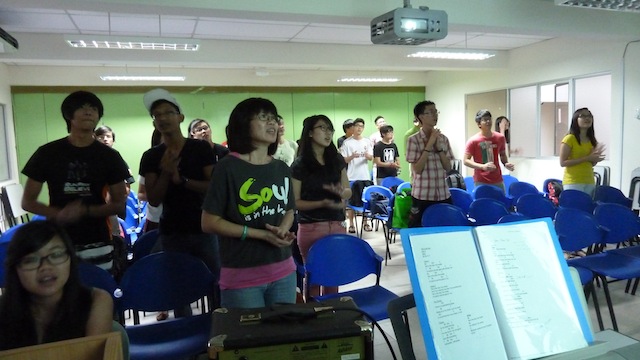
Matt 25:34-40
Then the King will say to those on His right hand, ‘Come, you blessed of My Father, inherit the kingdom prepared for you from the foundation of the world: for I was hungry and you gave Me food; I was thirsty and you gave Me drink; I was a stranger and you took Me in; I was naked and you clothed Me; I was sick and you visited Me; I was in prison and you came to Me.’
“Then the righteous will answer Him, saying, ‘Lord, when did we see You hungry and feed You, or thirsty and give You drink? When did we see You a stranger and take You in, or naked and clothe You? Or when did we see You sick, or in prison, and come to You?’ And the King will answer and say to them, ‘Assuredly, I say to you, in as much as you did it to one of the least of these My brethren, you did it to Me.’
And such has been the DNA of Malaysian CARE, which today finds its expression in a three-pronged ministry: Rural & Urban Community Development; People with Special Needs; and Prisons, Drugs & AIDS.
RURAL & URBAN COMMUNITY DEVELOPMENT
Rural Poor
Who are the poor in Malaysia? Where are the poor? Joyce shared that if we want to find the poor, we must go to where they are. That is why the Great Commission says, “Therefore go and make disciples of all nations, baptizing them in the name of the Father and of the Son and of the Holy Spirit (Matt 28:19).” In other words, make disciples there or where they are, shared Joyce.
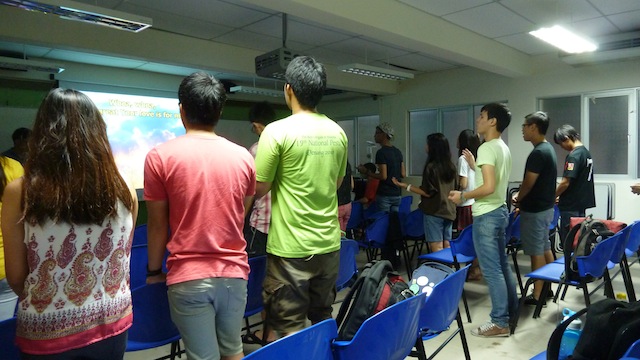
The Orang Asli and natives of Sabah and Sarawak – the ‘Other Bumiputera’ account for 51% of poor households though they only make up 9% of the total households in Malaysia. Joyce felt that God is bringing the Bumiputera church to the fore through the recent events in Malaysia. Firstly, in the context of Jubilee, their position as the original owners of the land is significant and the rest of the Church needs to stand with them in preserving or regaining their ancestral land. Secondly, they are the majority of the Christian community. Should we not care for our brothers and sisters in our household? In view of this, CARE has set up a base in Sabah and made inroads into Sarawak while continuing their work with the Orang Asli in Peninsular Malaysia.
Ladang MCare, a 15-acre Community Development Extension Centre where research, demonstration and training for Orang Asli farmers on sustainable agriculture take place, is currently supporting 27 villages in Perak and Northern Pahang.
Urban Poor
As for the poor in the urban areas, CARE works in the low-cost flats and squatter areas.
Joyce shared about the dangers children faced while growing up in low-cost flats: gangsterism (gangs recruit kids as young as 9 years old!), addictions, negative peer influence and a host of safety issues e.g. falling to death when railings gave way, a recent case which occurred in Kota Damansara.
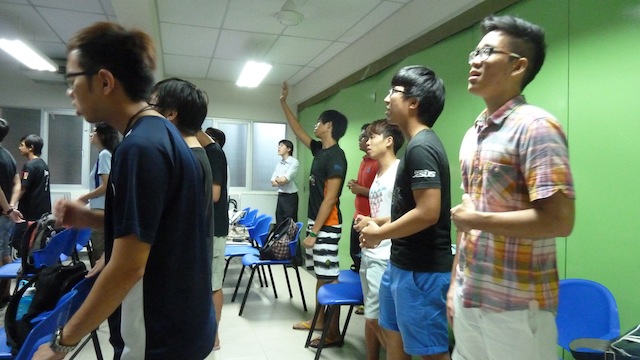
CARE aims to provide a safe space within the community for learning, collaboration and relationship-building. Community resource centres are for this purpose. This year, CARE started ‘Bumblebee’, a yellow truck that brings books, games, toys and development programs into the urban poor areas. A Refuge Youth Centre has also been set up, in addition to community sports programs which have been running for 2 years now.
To break the cycle of poverty, CARE with its network of partners run a Financial Literacy Program to teach the poor to manage their money and start small businesses.
Refugees
Malaysian CARE also works with refugees or people who escaped from their countries due to civil war and persecution that threaten their lives. Most of the 100,000 refugees in Malaysia are from Myanmar.
Some of these refugees have to stay here for decades before finding resettlement in other countries. Due to their stateless status, the children cannot go to public schools. CARE helped the refugee communities to start up community-based schools and provided training for their teachers. Now, it is shifting its focus to youth development, providing training in life skills and leadership.

PEOPLE WITH SPECIAL NEEDS
This ministry challenged Joyce’s theology the most. It raised difficult questions about pain, suffering, healing, meaning of life, etc. Many of these questions remain unanswered but Joyce has learned from people with special needs that God looks at beauty, goodness and perfection very differently from the way the world does and that true happiness is not determined by our skills/abilities.
How did CARE start its special needs ministry? A group of Christians were visiting hospitals to pray for patients and met a single mother dying of cancer. Her dying request was for them to take care of his disabled son and that birthed a home for children with special needs. This son has grown up and is now serving at the reception desk of Malaysian CARE.
“It was just responding to needs, that’s how Malaysian CARE started,” said Joyce.

Today, CARE’s special needs ministry focusses on people with learning difficulties and promoting inclusion for them. One of the programs that it conducts is Inclusive Preschool Program to enable children with special needs learn together with their ‘normal’ peers in preschools.
Quoting the example of Hannah, a girl with cerebral palsy who could only move her eyes but was such a blessing to all who knew her, Joyce pointed out that disability is never a limitation to God. In fact, God uses people with disabilities the most.
Sharing about a lady who was an avid supporter of CARE’s Facebook page, Joyce was touched to learn about this lady’s condition upon her passing. She had rheumatoid arthritis for 17 years. Despite her curled-up fingers, she painfully typed words of encouragement with only her thumbs. And Malaysian CARE was one of the privileged recipients of her relentless love.
PRISON, DRUGS & AIDS
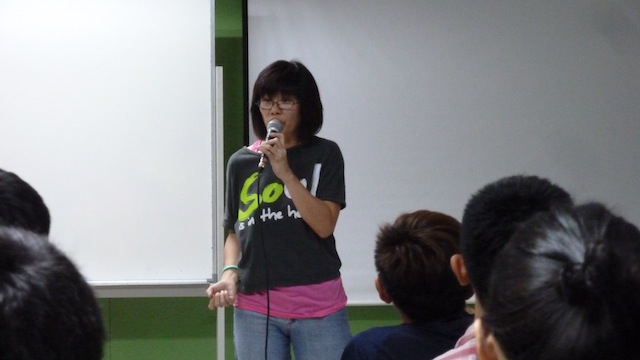
This is a ministry of grace among people who are often deemed as ‘undeserving’, those in prison, affected by substance abuse and/or living with HIV/AIDS. To Joyce, ministering to this group of undeserving people who often relapse into their old way of life, really demonstrates God’s grace. “That’s what grace is all about, a gift that we don’t deserve,” she said.
Joyce then shared about Jonah who became a gang member at the age of 12, been in and out of prison and drug-dependent and took 20 years to turn around! Having experienced God’s grace, he is now a grateful man determined to be a channel of God’s grace and love to others of the same background.
Besides ministry at men and women prisons, CARE also conducts programs at Sekolah Integriti Kajang (a juvenile prison) to teach the youth music and character building, and work with youth in the urban poor communities who are at risk of being involved in addictions, crimes and eventually imprisonment. It hopes to mentor them to the path of healthy and meaningful living.
EXPOSED CAMPAIGN
Lastly, CARE is actively promoting the EXPOSED campaign, a global call against corruption that affects the poor the most. Joyce, who is part of the network that coordinates EXPOSED in Malaysia, urged the students to sign a petition to world leaders (G20) to make changes for the poor. This campaign aims to collect one million digital signatures to be submitted to G20 summit in Brisbane, Australia next year. Sign online at www.exposed2013.com
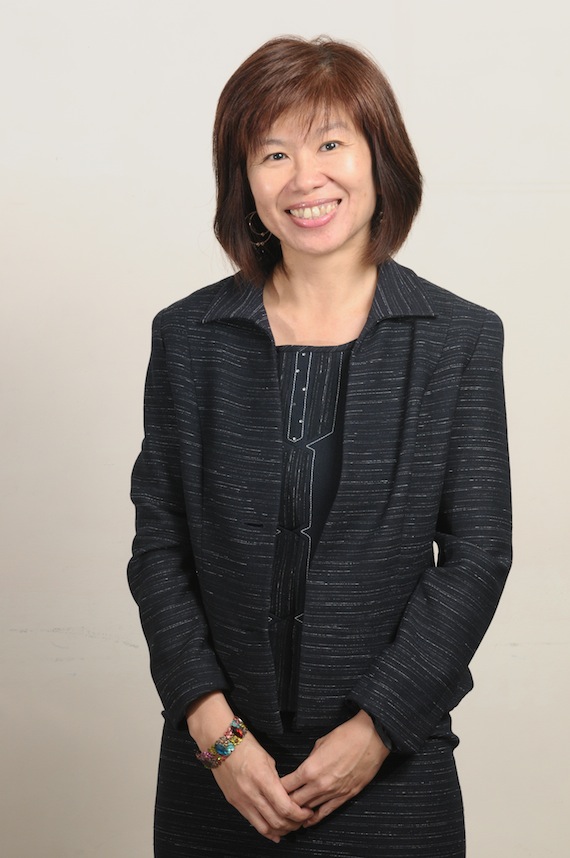
Can you feel the heartbeat of the Father? Would you like to meet a need you see in your community today? You can be good news to poor now!
Visit www.malaysiancare.org to find out how you can be involved.





Leave a Reply